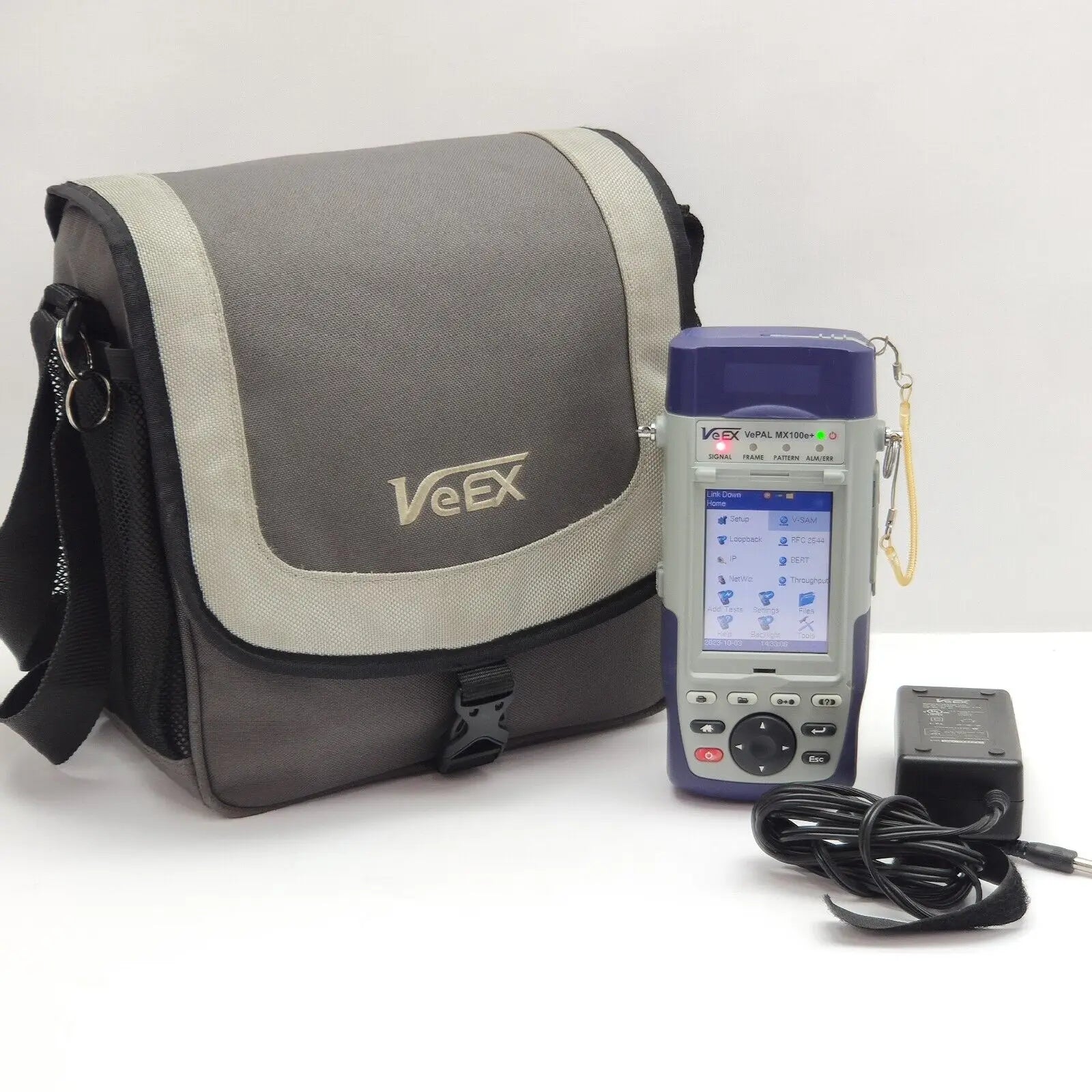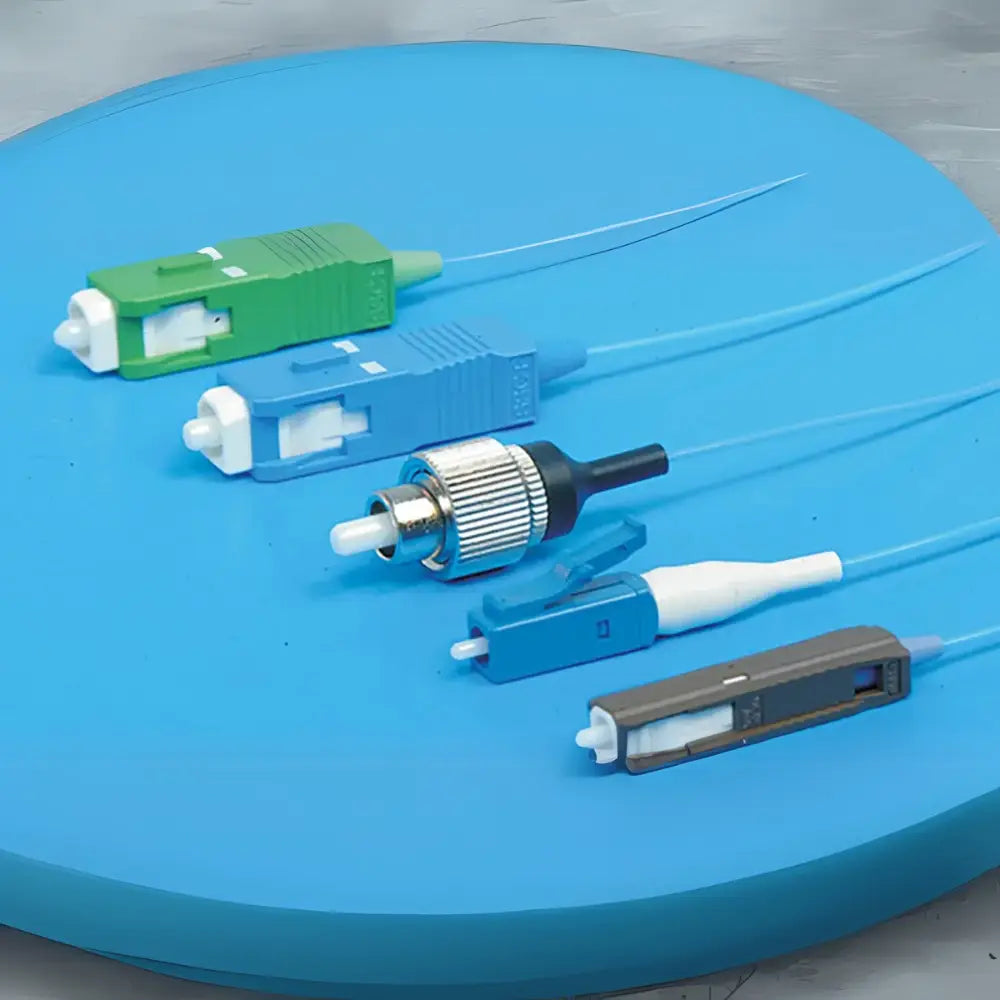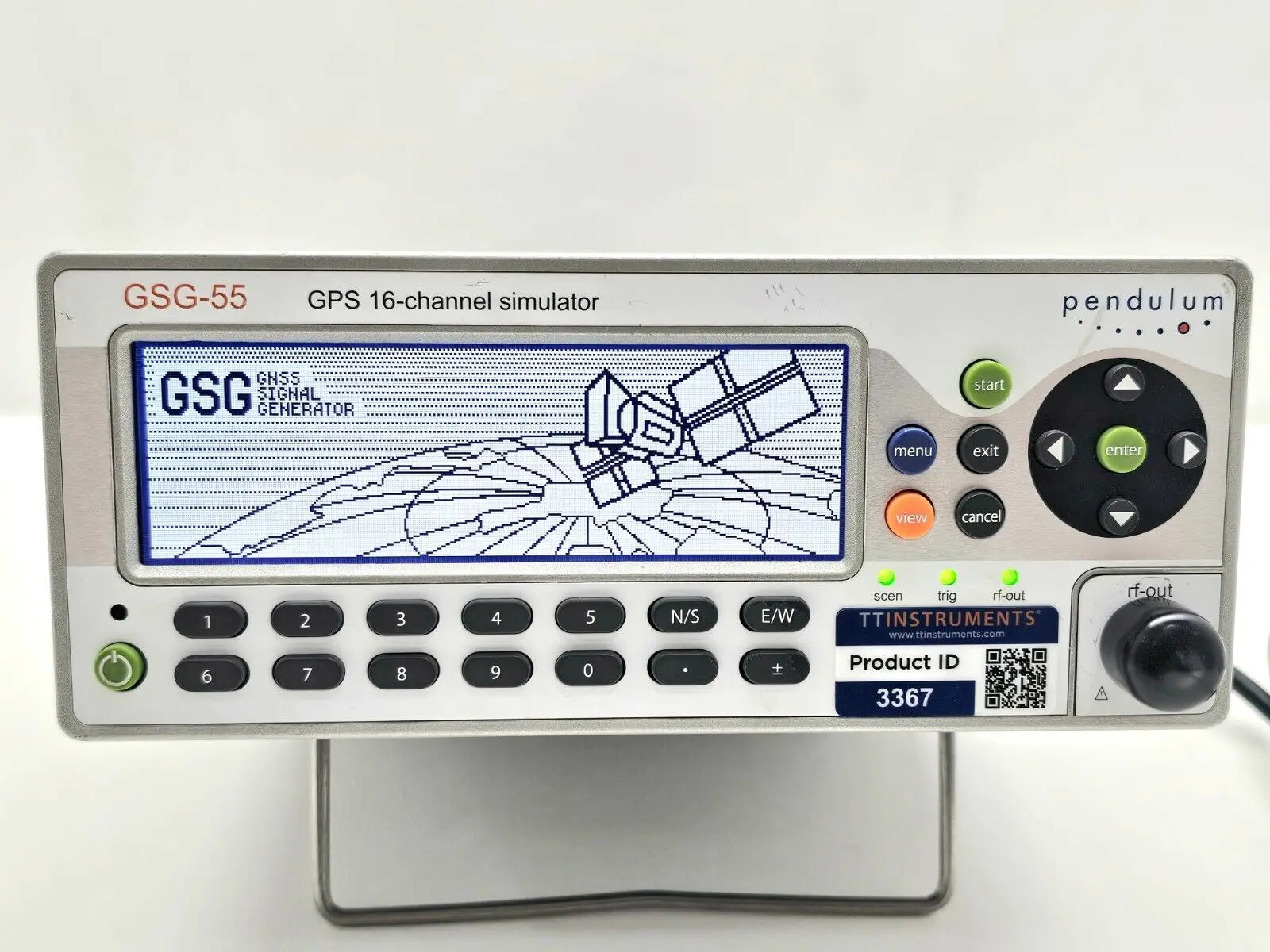
Network Tester Showdown: Handheld vs. Modular Testers for Enterprise and Telco Use
In an increasingly connected world, the demand for fast, reliable, and secure networks has never been greater. Whether it's enterprise IT environments, data centers, or telecommunications infrastructure, keeping networks performing at their peak requires thorough testing and diagnostics. Choosing the right network tester is essential—and often comes down to a decision between handheld and modular testers.
Each has its strengths and limitations, and the right choice depends on your environment, testing complexity, and budget. This guide breaks down the key differences, features to consider, and where each type fits best.
Understanding the Basics: What Do Network Testers Do?
Network testers are tools designed to verify, analyze, and troubleshoot wired or wireless networks. They can assess parameters like connectivity, bandwidth, latency, packet loss, and more. Depending on the sophistication of the tool, they may also test protocol compliance, fiber links, Power over Ethernet (PoE), or security vulnerabilities.
At TT Instruments, we offer a broad range of Network Testers, both handheld and modular, to suit fieldwork, lab diagnostics, and enterprise-scale monitoring.
Handheld Testers: Lightweight and Task-Focused
Handheld network testers are compact, portable devices ideal for quick diagnostics, field work, and point-to-point troubleshooting. Their simplicity and convenience make them popular among on-site IT teams and telecom field engineers.
Advantages:
-
Portability: Easy to carry and use in tight spaces like data racks or street cabinets.
-
Ease of use: Often single-button operation with intuitive menus.
-
Quick diagnostics: Fast identification of cabling faults, connection issues, or link performance.
-
Lower cost: Great value for targeted tests.
Ideal Use Cases:
-
Enterprise LAN verification
-
Cable continuity and PoE testing
-
Field service troubleshooting
-
First-line fault identification
Modular Testers: Scalable Power for Complex Networks
Modular testers are systems designed to grow with your testing needs. They support plug-in modules that test a variety of network types and layers—from copper to fiber, and from transport protocols to application layers. These testers are commonly used by telecom operators, large-scale data centers, and network engineers handling advanced testing scenarios.
Advantages:
-
Scalability: Add or change modules as network technologies evolve.
-
High performance: Support for multi-Gigabit Ethernet, BER testing, and advanced protocol analysis.
-
Automation-ready: Ideal for scripted testing, reporting, and compliance verification.
-
Multi-port, multi-technology: Test multiple connections or services in parallel.
Ideal Use Cases:
-
Service provider network validation
-
Carrier Ethernet and mobile backhaul testing
-
Data center performance monitoring
-
Fiber and transport layer protocol testing
Explore:
Key Features to Look For (Across Both Types)
When evaluating any network tester, consider these important capabilities:
-
Speed & Protocol Support: Ensure compatibility with the networks you work on 1G, 10G, or higher; copper or fiber; IPv4, IPv6, and beyond.
-
User Interface: Touchscreen vs. button interface, reporting capabilities, and remote access.
-
Battery Life: Particularly critical for handhelds used in the field.
-
Reporting & Documentation: Look for testers that export reports in standard formats for auditing and client handovers.
-
Software & Firmware Updates: Ensure long-term usability as standards evolve.
-
Ruggedness: Field testers should be built for drops, dust, and temperature swings.
Which Should You Choose?
| Environment | Recommended Tester Type |
|---|---|
| Small/Medium Enterprise IT | Handheld Network Tester |
| Field Service / Cable Installers | Handheld or Cable Tester |
| Telecom Field Deployment | Modular Tester |
| Data Center Certification | Modular Tester |
| Carrier Network Maintenance | Modular Tester |
| Quick PoE Checks | Handheld PoE Tester |
Both types of testers have their place—handhelds excel at agility and speed, while modular testers dominate in versatility and advanced diagnostics.
The right network tester can save countless hours of downtime, misdiagnosis, or failed installations. Whether you’re managing enterprise IT infrastructure, deploying telecom services, or maintaining high-performance data centers, investing in the right tool for your workflow is crucial.
At TT Instruments, we stock a wide selection of Network Testers, from simple handheld models to high-end modular platforms. All units—new and used—are professionally tested and backed by expert support to help you get accurate results, faster.
Browse our full Network Testers category to find the tool that best fits your network environment and testing needs.
Questions?
1. What is the main dierence between handheld and modular network testers?
Handheld testers are compact, task-focused tools for quick diagnostics, while modular testers offer scalable, high-performance testing for advanced and multi-layered networks.
2. When should I use a modular network tester instead of a handheld one?
Use modular testers for carrier-grade telecom testing, high-speed Ethernet, data centers, or when you need multi-port or protocol-specific analysis.
3. Are handheld testers enough for enterprise network maintenance?
Yes, for many enterprise tasks like cable testing, PoE verification, and basic link checks, handheld testers are sufficient and cost-effective.
4. Can modular testers be customized for different networks?
Absolutely. Modular testers accept swappable modules, allowing you to test everything from copper and fiber links to IP, Ethernet, and transport protocols.
5. What features should I prioritize when buying a network tester?
Look for protocol support, ease of use, battery life (for handhelds), reporting capabilities, and upgrade potential for future network needs.


